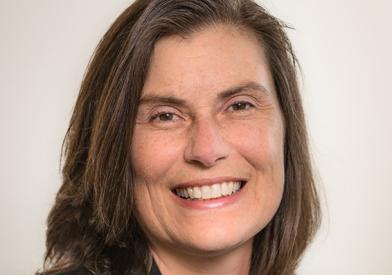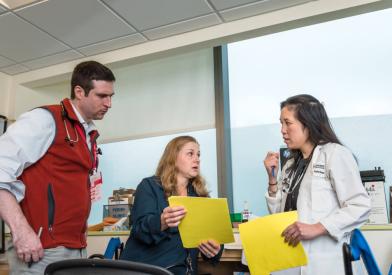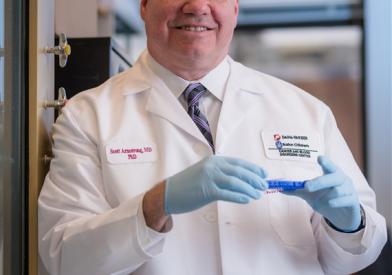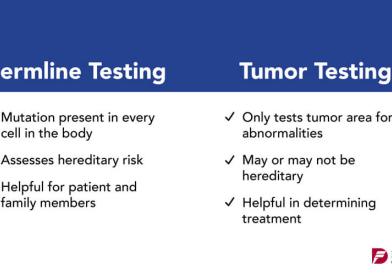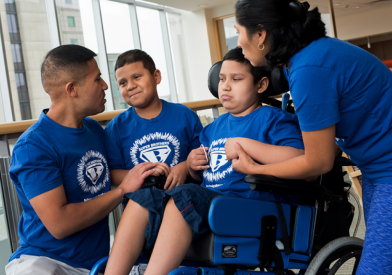The Pediatric Cancer Genetic Risk Program at Dana-Farber/Boston Children's provides cancer risk assessment for children, comprehensive recommendations for managing cancer risk in children, and psychosocial support for families affected by hereditary cancer. We also conduct research into many aspects of cancer risk and its management. We are one of the few cancer genetic risk programs in the U.S. focused specifically on pediatric cancer risk.
Our goal is to help you determine whether your children are at risk of cancer – and if so, what can be done either to help prevent cancer in your children or to catch it early and address it quickly for the best possible outcome.
How Our Program Works
We help you manage all aspects of genetic cancer risk – from consideration of testing to monitoring to counseling. A visit to our program usually includes time with both a physician and a genetic counselor, both of whom have expertise in inherited cancer syndromes that affect children. We are also one of the few programs of this type that includes a pediatric psychologist who specializes in pediatric hereditary cancer. This specialized consultation is a standard part of clinic visits offered to each family.
Our Pediatric Cancer Genetic Risk Program:
- Helps parents decide whether to undertake genetic testing of their children and if so, when the best timing for it might be.
- Provides genetic and genomic testing to determine risk for inherited cancer syndromes.
- Helps families understand the implications of the genetic/genomic test results for the child and other relatives.
- Designs individualized programs to monitor for the earliest signs of cancer and to reduce the risks of cancer when appropriate; we help identify the right specialists to see for monitoring, and how often you should see them.
- Talks with children to help them understand genetic testing and what the results might mean for them.
- Guides parents in how to talk to children about hereditary cancer, including when to talk with them and what information to provide.
- Helps families cope with the stress of a hereditary cancer diagnosis.
We also provide consultation to community-based providers who may be unfamiliar with the unique medical and psychosocial issues that arise when a family receives a hereditary cancer diagnosis.

